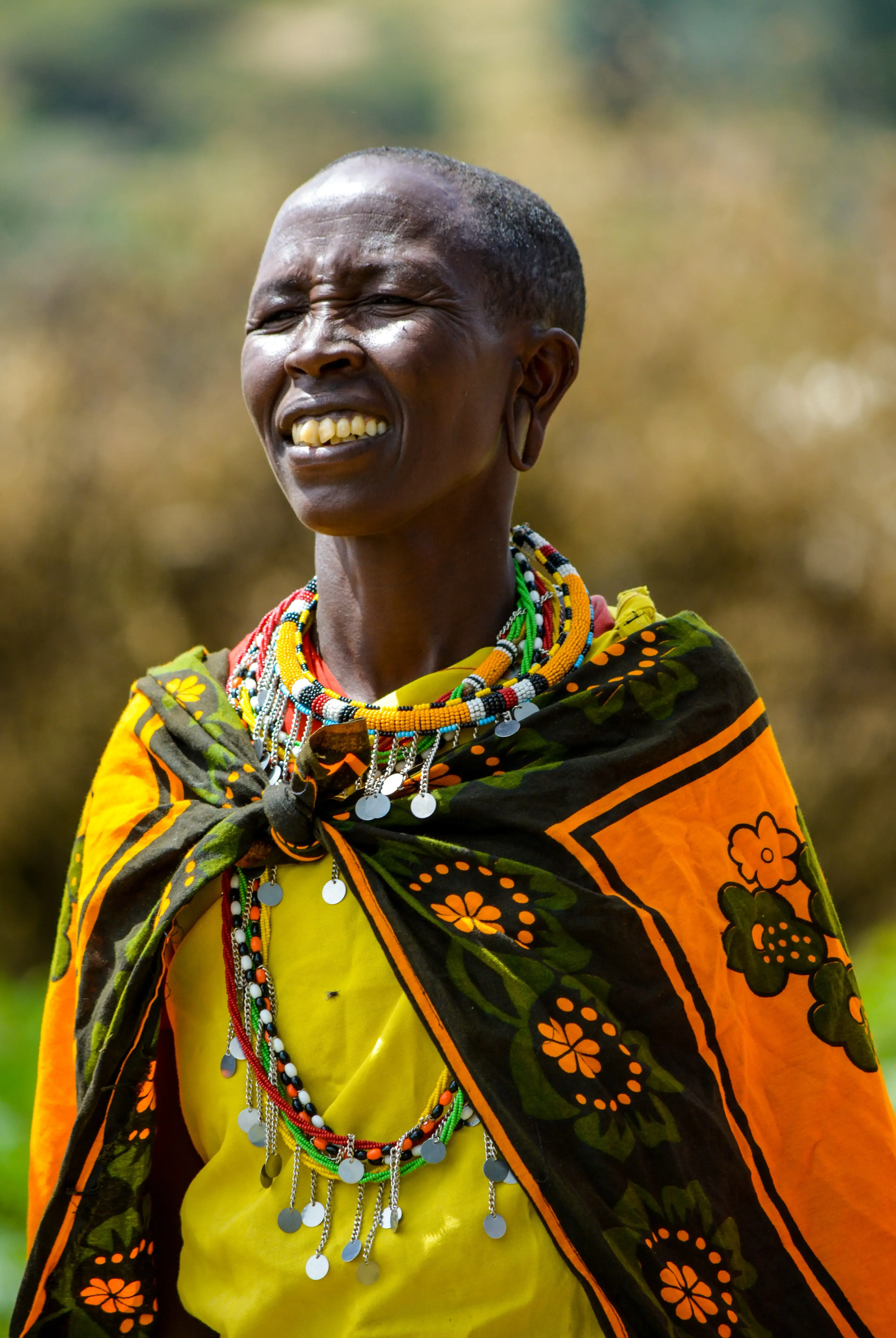Let us listen, support and invest in the youth to end FGM by 2030

|
Female genital mutilation (FGM) is one of the most horrific human rights violations imaginable that negatively affects the health, education and overall
ANNUAL REPORT 2019
development of 200 million women and girls and ending it is an urgent moral imperative.
We have made tangible progress, 25 years since the International Conference on Population and Development (ICPD) in Cairo, where countries agreed to end the practice. But we are facing headwinds. In the places where it is most prevalent, FGM is declining but not at
the speed and scale to meet global commitments. But these countries are experiencing high rates of population growth — meaning that the number of girls affected could continue to grow, while they continue to grapple, within some ethnic groups, with persistent social norms and cross-border propagation of the practice.
Indeed, the United Nations projects that the population of young people in the least-developed countries — among the places where FGM is rampant — will jump to 62 per cent by 2050. That leaves more girls vulnerable than ever before. Last year, more than four million girls were victims of FGM, and if urgent action is not taken, up to 68 million could be subjected to it by 2030. So, we must listen to, support and invest in young people.
Africa must leverage the power of youth in high-risk countries, where support for youth between 15 and 19 against FGM is much lower than among people aged 45 to 49.
Increasingly, young girls are growing up with a much higher chance of remaining intact compared to their mothers and grandmothers. This generation can champion a global movement, transforming traditional norms and inspiring their peers to stand up to their elders by saying ‘No’ to this form of gender-based violence.
In doing so, young people need to know that their governments are firmly behind them. That is why the Government of Kenya will work with all relevant
stakeholders to end FGM by 2022, eight years ahead of the deadline to meet the target set under Sustainable Development Goal 5.
In a country where FGM is still prevalent despite being outlawed in 2011, Kenya is paving the way for other African countries to aim higher.
Kenya is setting the bar for the rest of the continent and globally with innovations like the Johari Beads Initiative,
A global investment of $2.4 billion (Sh240 billion)
is enough to eliminate FGM in 31 priority countries
this decade, at an average $94 (Sh9,400) per case.
a multi-stakeholder partnership between UNFPA, the government and EcoBank. Turning traditional beadwork into a viable commercial enterprise is empowering rural girls and women to take control of their future while spurring social change in their communities. The government, in the build-up to the ICPD25 Summit in Nairobi last November, convened the neighbouring countries of Ethiopia, Uganda, Somalia and Tanzania to evolve solutions to cross-border FGM implications.
The promise of such partnerships underscores the increasingly urgent need to back our rhetoric with concrete financial commitments. The good news is that we now know exactly how much it will cost to achieve our goal. UNFPA estimates that a global investment of $2.4 billion (Sh240 billion) is enough to eliminate FGM in 31 priority countries this decade, at an average $94 (Sh9,400) per case.
Kenya and UNFPA, alongside the Denmark, as the ICPD25 co-conveners, compelled the international community to makefirm commitmentsto complete the ICPD Programme of Action by 2030. Doing so requires eliminating all harmful practices against women and girls, including FGM.
The overwhelming energy and passion of many young activists defying social norms to raise awareness about the dangers of FGM seen in Nairobi can propel us to reach our goal.
Let all African countries heed our call to rid the continent of FGM. Besides the commitments in Nairobi, let us remember the pledge by AU member states 10 years ago with the launch of the Initiative on Eliminating Female Genital Mutilation.
Let us give our youth the opportunities they need to forge a brighter future and to deliver on our promise to keep all our women and girls safe from the ‘cut’.
An opinion piece Co-authored by H.E President Uhuru Kenyatta and UNFPA Executive Director, Dr. Natalia Kanem


